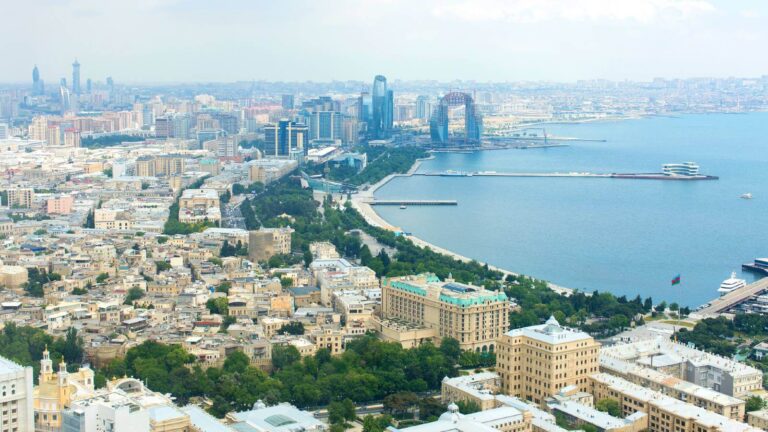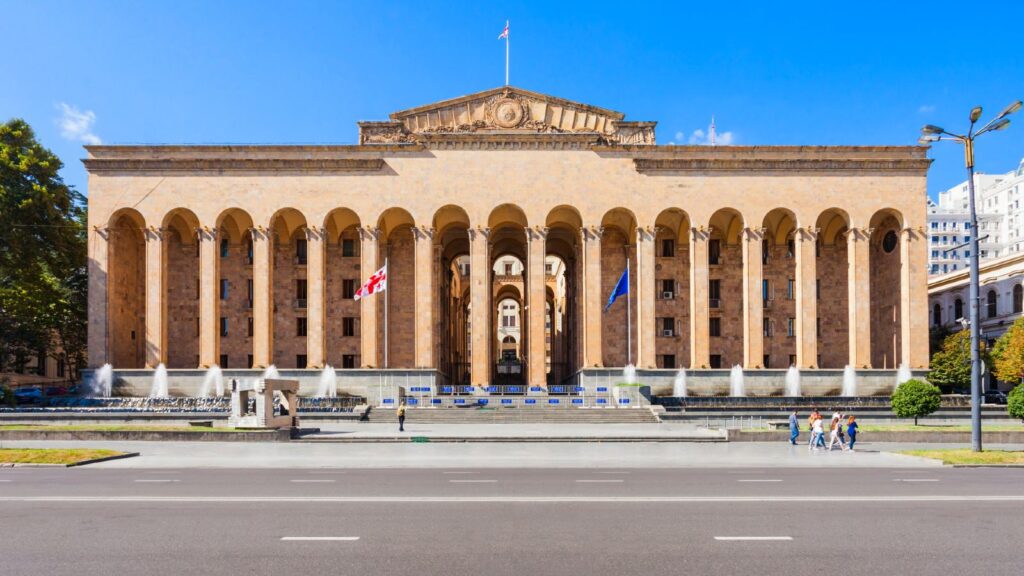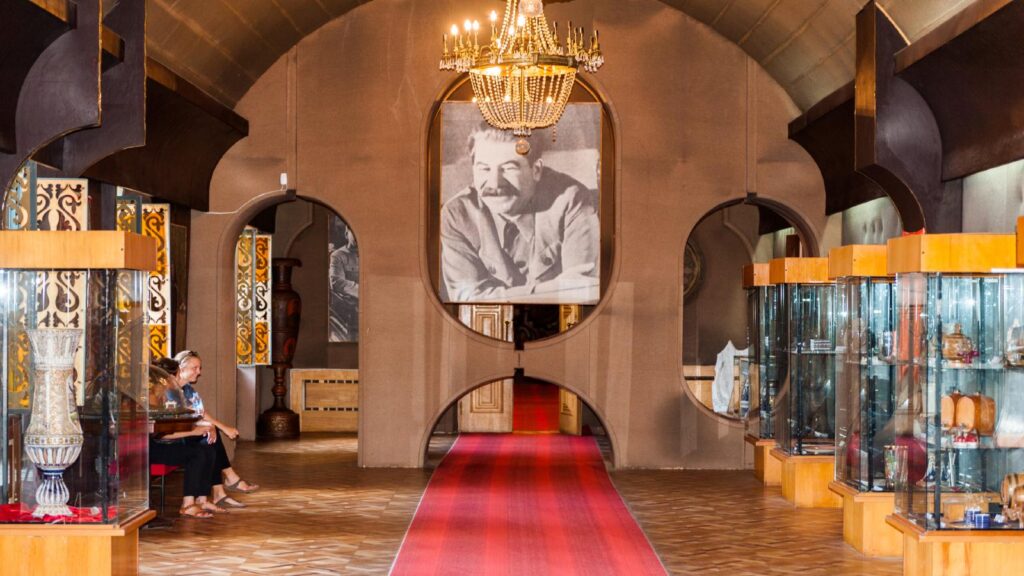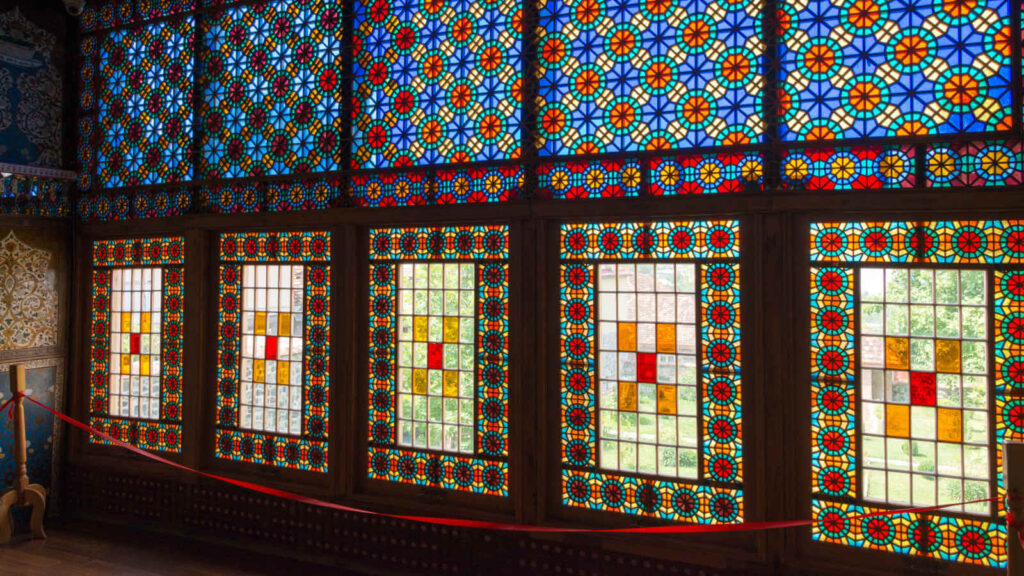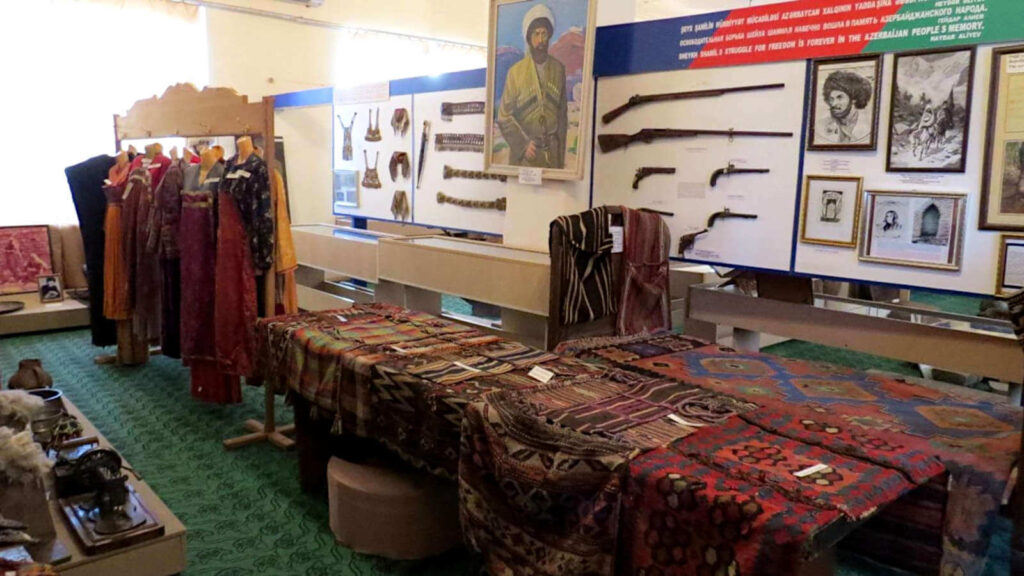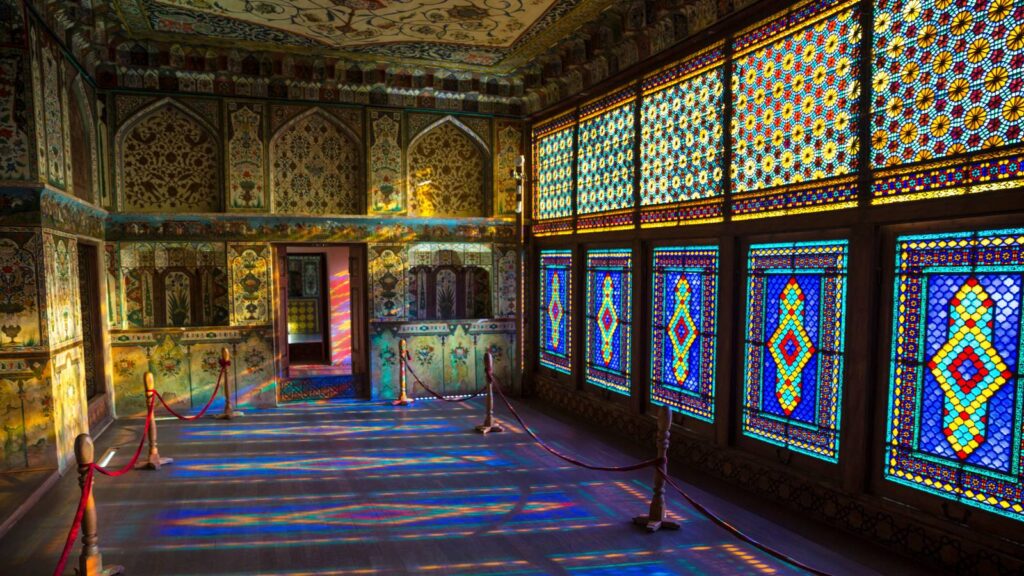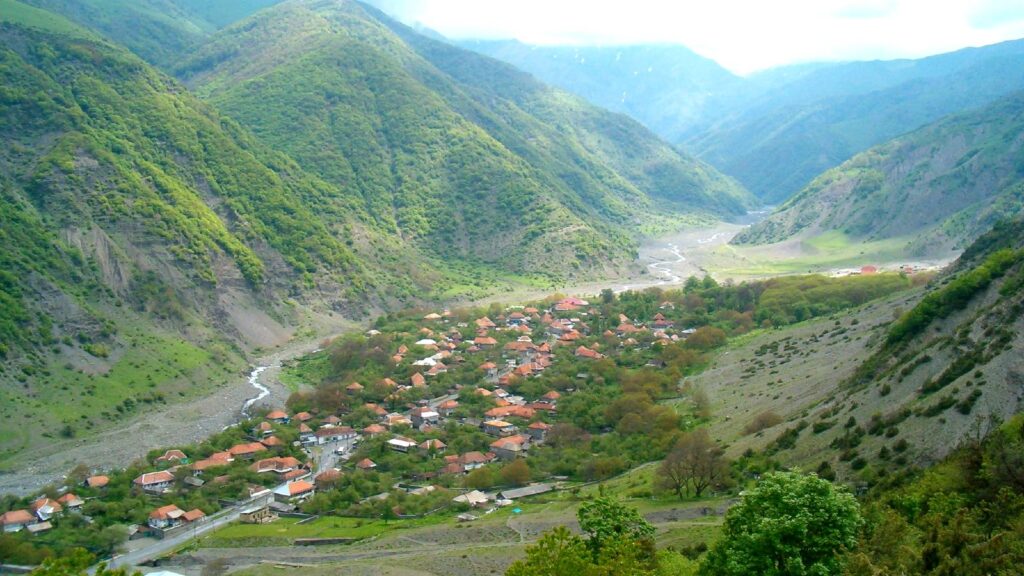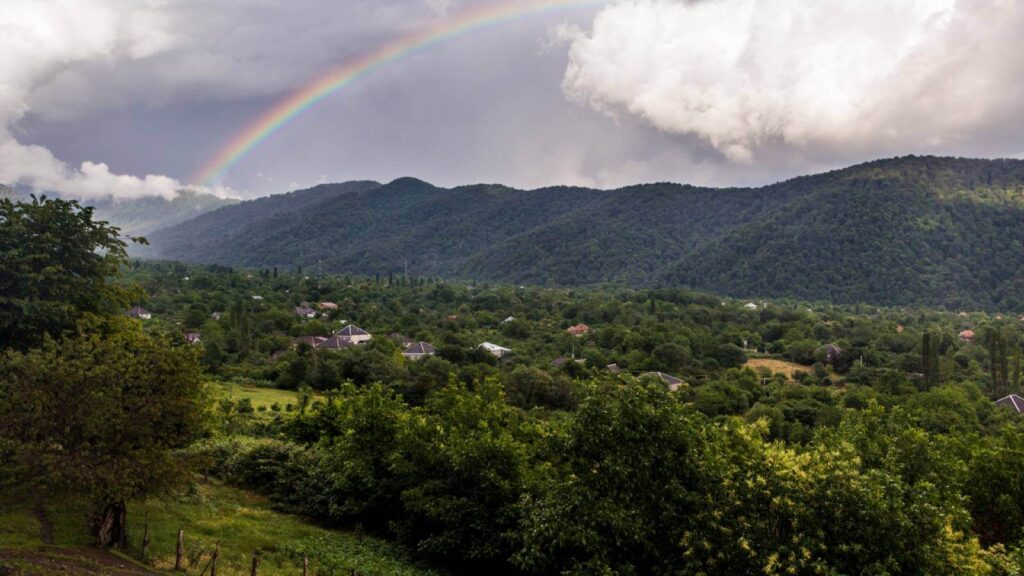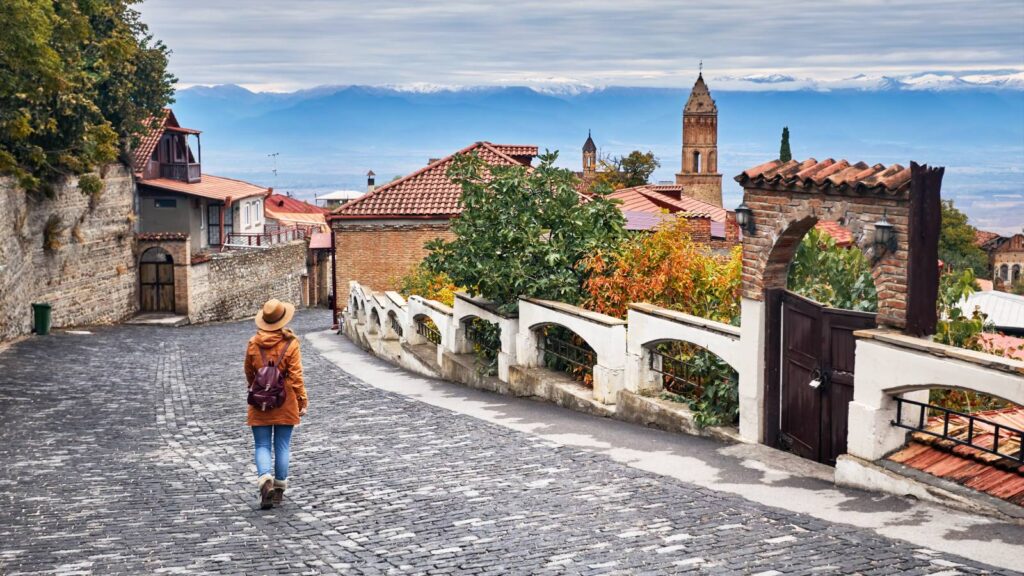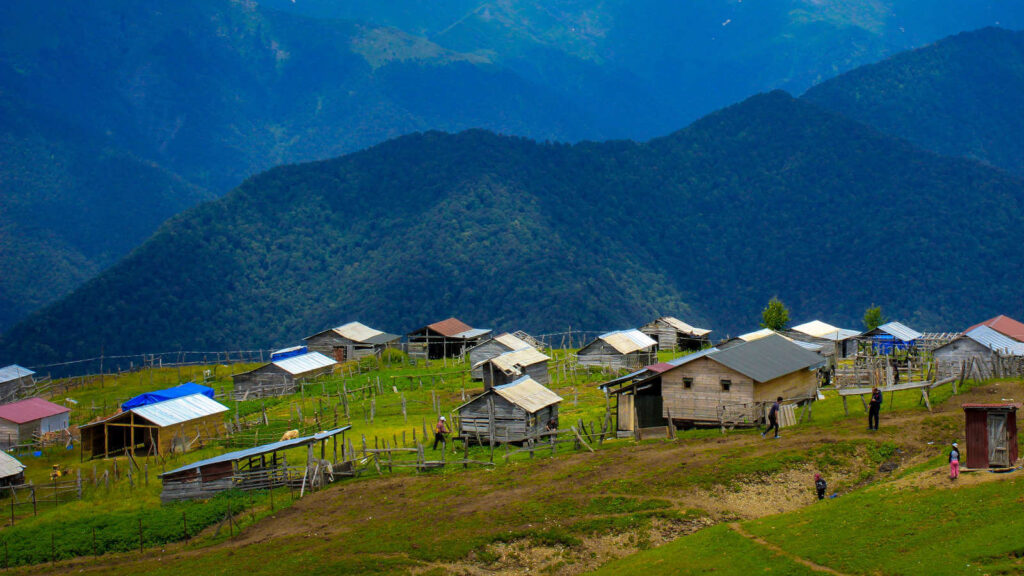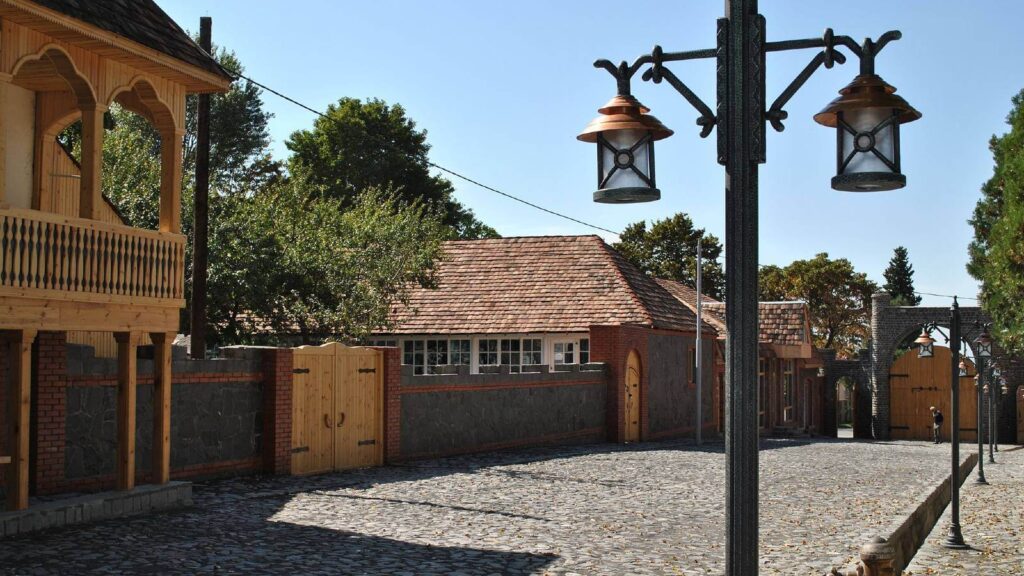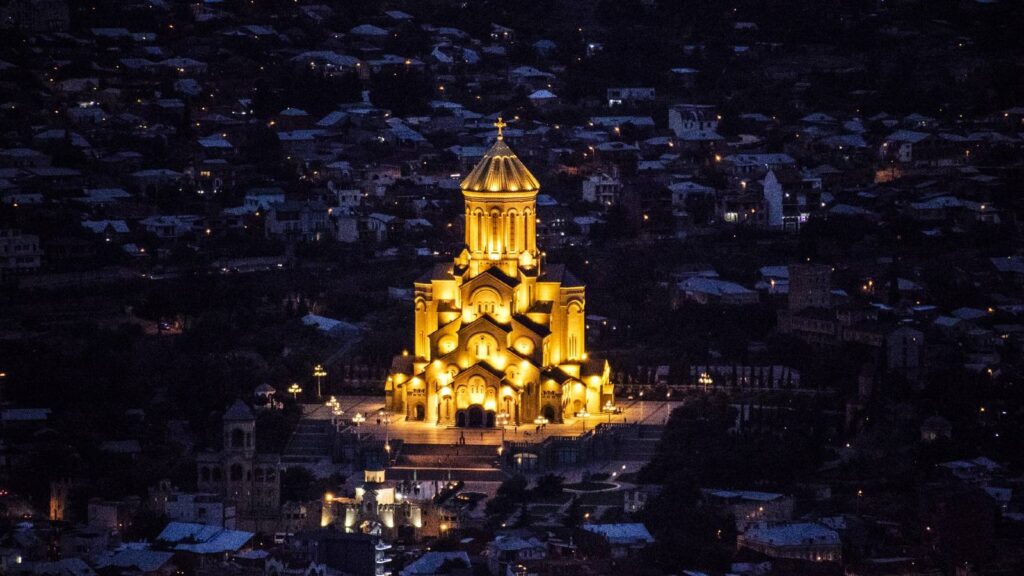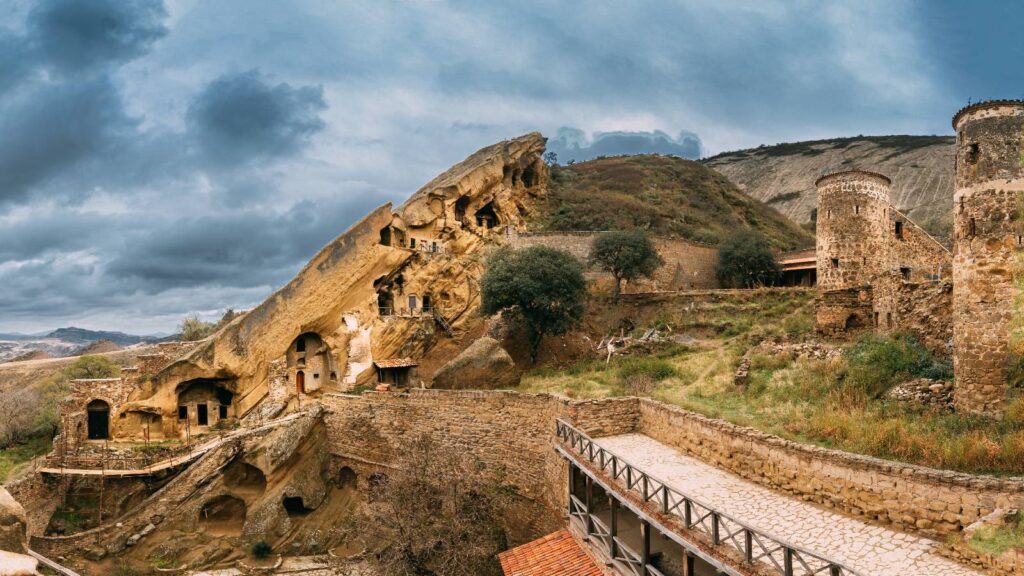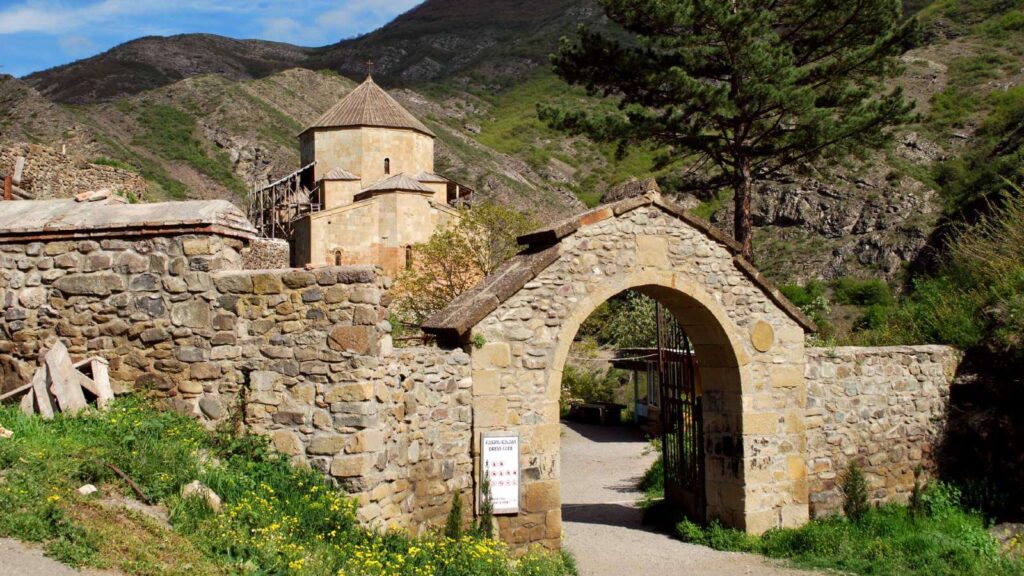History and Culture
Scientists excavating the Dmanisi archaeological site in Georgia have found Hominini fossils dating back 1.8 million years, which is the earliest evidence of early humans discovered outside Africa. In antiquity, the Kura-Araxes culture emerged around 4,000 BC, with an economy based on herding and farming and, remarkably, trade with Mesopotamia and Asia Minor. The horse was first domesticated in this time, and though metals were scarce, the culture did produce metalwork and pottery and practised viticulture.
Kingdoms in the South Caucasus were incorporated into a succession of regional empires, including by the Assyrians, Medes, Achaemenids, Parthians, and Sassanids. Zoroastrian emerged as the dominant religion and the region had extensive trade not only with Persia but also Greece and Rome.
Christianity began to replace Zoroastrianism in the early centuries AD. In Georgia, it was adopted as the state religion in 337, so the country has one of the world’s longest Christian traditions. Arab conquests brought Islam four centuries later, and both faiths still coexist, often with their respective places of worship side by side.
In the early 19th century, the Persian Empire ceded these territories to Imperial Russia and then the Soviet Union. Millions of people were repressed by the Communists, including large numbers who were deported to Central Asia and Siberia. Both Georgia and Azerbaijan finally became independent countries in 1991.
What to See and Do
Plan a trip across the Caucasus from the Black Sea to the Caspian Sea to experience everything Georgia and Azerbaijan have to offer.
If you are an active traveller, there is some spectacular hiking in the Greater Caucasus Mountains, especially in northwestern Azerbaijan, and also in Borjom-Kharagauli National Park. Winter visitors can ski at the Tufandag Mountain Resort and Gudauri, and there are some formidable backcountry ski routes in Svaneti. You can enjoy being outdoors in gentler ways, however: why not take a walk in the subtropical tea estates of Guria or soak in Borjomi’s healing sulphur pools?
Culture vultures are spoilt for choice. Georgia’s Gelati Monastery, Historical Monuments of Mtskheta, and the towers of Svaneti are all UNESCO World Heritage Sites, and so too are the Walled City of Baku and the Historic Centre of Sheki in Azerbaijan. Baku and Tbilisi both have an excellent range of museums, plus plenty of religious and secular monuments. You can shop in bazaars and in designer boutiques, and will find plenty of interest at the Dry Bridge Flea Market.
Food and drink is another major attraction in Georgia and Azerbaijan. In the birthplace of wine, you can learn about 8,000 years of winemaking; and once you’ve tasted Georgian khachapuri or Azerbaijani plov, you’ll quickly develop an addiction to the national cuisines.
